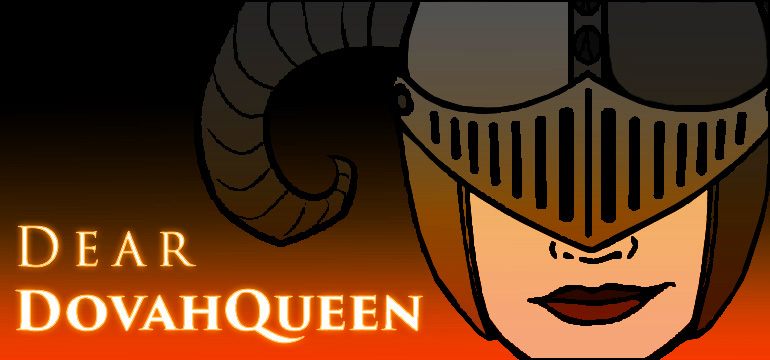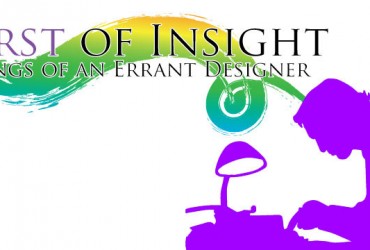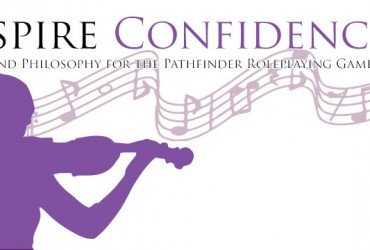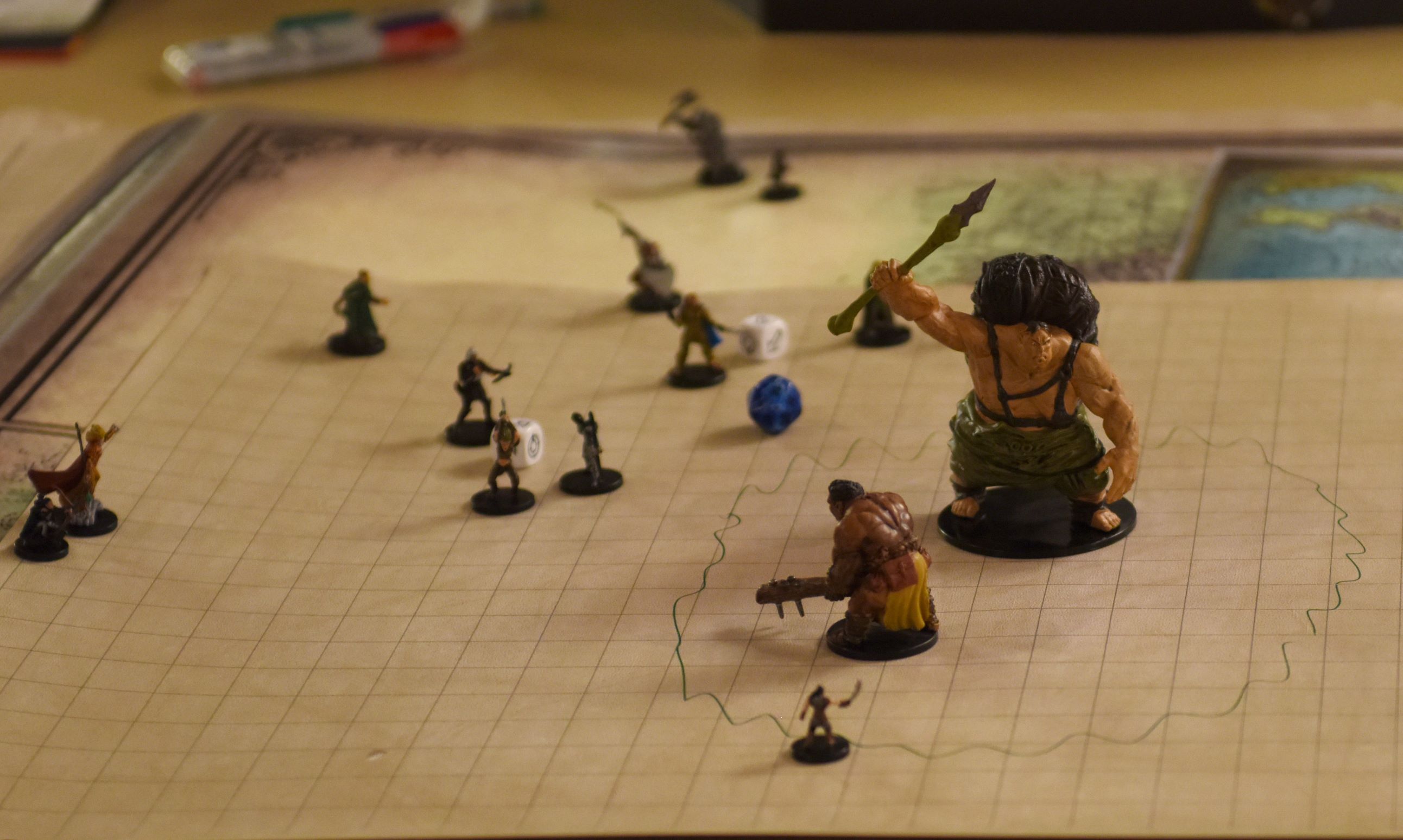How do you get to the juicy parts of your story without the boring middle-parts. Today’s DDQ looks at keeping a story engaging from the beginning of a session to the end.
Dear DovahQueen: All my sessions start slow and end strong. What advice do you have for starting a session with the same excitement level as we ended?– Stalled at the Starting Line
Dear Last Action Hero: You’ve got your head in the right place to be thinking about ways to improve the pacing of your game. Too many good stories are hindered by necessary scenes that cause players to lose interest because combat and explosions aren’t immediately happening. That said, I’m going to give you advice that seems counter-intuitive: don’t start games at the same excitement level as the end. That’s not to say that it’s ok if the front-end of the story is a little sluggish; I wouldn’t encourage that. More than that, I would encourage you to try to keep a different kind of excitement at the start of the session. What makes combat and boss battles exciting is that the action makes players want to participate. When faced with a powerful boss-monster to test their mettle against, players will likely be chomping-at-the-bit to sling swords and spells into the beast before them. You don’t need your games to start off with this kind of excitement all the time; you just need your players to have that same level of engagement throughout the session, and they’re a few things for you to consider to make that easier.
One such thing to consider is that that kind of engagement doesn’t have to come from glorious combat and action scenes. Think about Game of Thrones. 90% of the time spent watching GoT isn’t spent viewing action. What makes Thrones great is the drama in-between that engages the audience. Be looking at ways to invest your players in the intricacies of the setting and plot in which they find themselves. This isn’t necessarily an easy thing to do without a lot of planning, and it’s especially harder if you’re not used to running games that are more story-oriented that combat. Long-time readers will note that I normally encourage you to set yourself up for better stories in the very beginning: at character creation. If you work closely with your players to ensure that they’re writing characters with families, friends, histories, hopes, dreams, fears, and as many other aspects of the “human” condition as you can, then you’re going to be bringing characters into your story that are better equipped to interact with the narrative in more meaningful and engaging ways. This means that when you start a session with rumors related to the something meaningful about one or more player-characters, you’re going to have better engagement right at the beginning. I would start with that: begin sessions with things that are tantalizingly relevant to the party on a specific and personal basis.
Another way to make it easier to start strong is to be aware of where you end your sessions. When you close a prior game-night on a cliffhanger, you’re purchasing into the engagement of the players at the beginning of the next session. This isn’t to say that you have them walk through the door, hear the monologue of the bad-guy they’ve been chasing, and experience a “to be continued.” That’s just frustrating. Personally, I think a good cliffhanger is one that’s both subtle, foreboding, and starts the next session with uncertainty. For example, one of the plot lines I was running in the last game included a mysterious new disease that nobody understood. The only thing the players had seen from it was that it killed the mother of one party member, that a few other NPCs had died, and that the only thing linking the dead were handkerchiefs with grey stains. So, naturally, I ended a session one player discovering a single, gray tear falling out of his eye. He probably spent all of the next week begging me not to kill his character. At the start of the next game, he was awfully engaged with trying to learn as much about the disease as possible without giving himself away as one of the infected. The rest of party was also on the edge of their seats trying their hardest not to metagame the situation. There are so, so many good ways to end a session that leaves players yearning to engage in the story of the game. Experiment with some of your own ideas; see what works best for you. Omens and uncertainty work great for me a lot of the time, but your stories may be better served in other ways. The important thing to strive for is to end your session in such a way that you’re purchasing engagement at the start of the next.
Lastly, sometimes it’s a good idea to simply start with a bang! There’s nothing wrong with setting the tone by immediately plunging the party into high-octane adventure.
“Alright, are you all ready to get started tonight? Ok…a concussive blast quickly forces you to wake. Your eyes open wide to the sight of the ground moving extremely fast in front of you propelled by the hooves of a thundering black horse. You try to move your arms only to find them bound in thick cords of leather while you’re strapped to the beast’s back. Its rider turns around in the saddle and flings a flask toward the multiple pursuers that seem relentless in their pursuit. The flask explodes in a deafening blast and one of the pursuing riders goes down, leaving five close behind. What do you do?”
What’s fun about starting games like this is from all of the questions players might be left with. “How did I get here?” “Who are these riders?” “Which ones are the good guys?” “Are any of them good guys?” I wouldn’t recommend starting every adventure with such gusto because it will certainly lose its potency if it becomes predictable, but it makes for a great opener every now and then.
If you find a good way to blend exciting drama, engaging cliffhangers, and instant, unapologetic action, I’m certain that you’ll have better luck keeping your sessions thoroughly entertaining from start to finish.
You can request RPG advice or send your questions by email to deardovahqueen@gmail.com or on Facebook.






